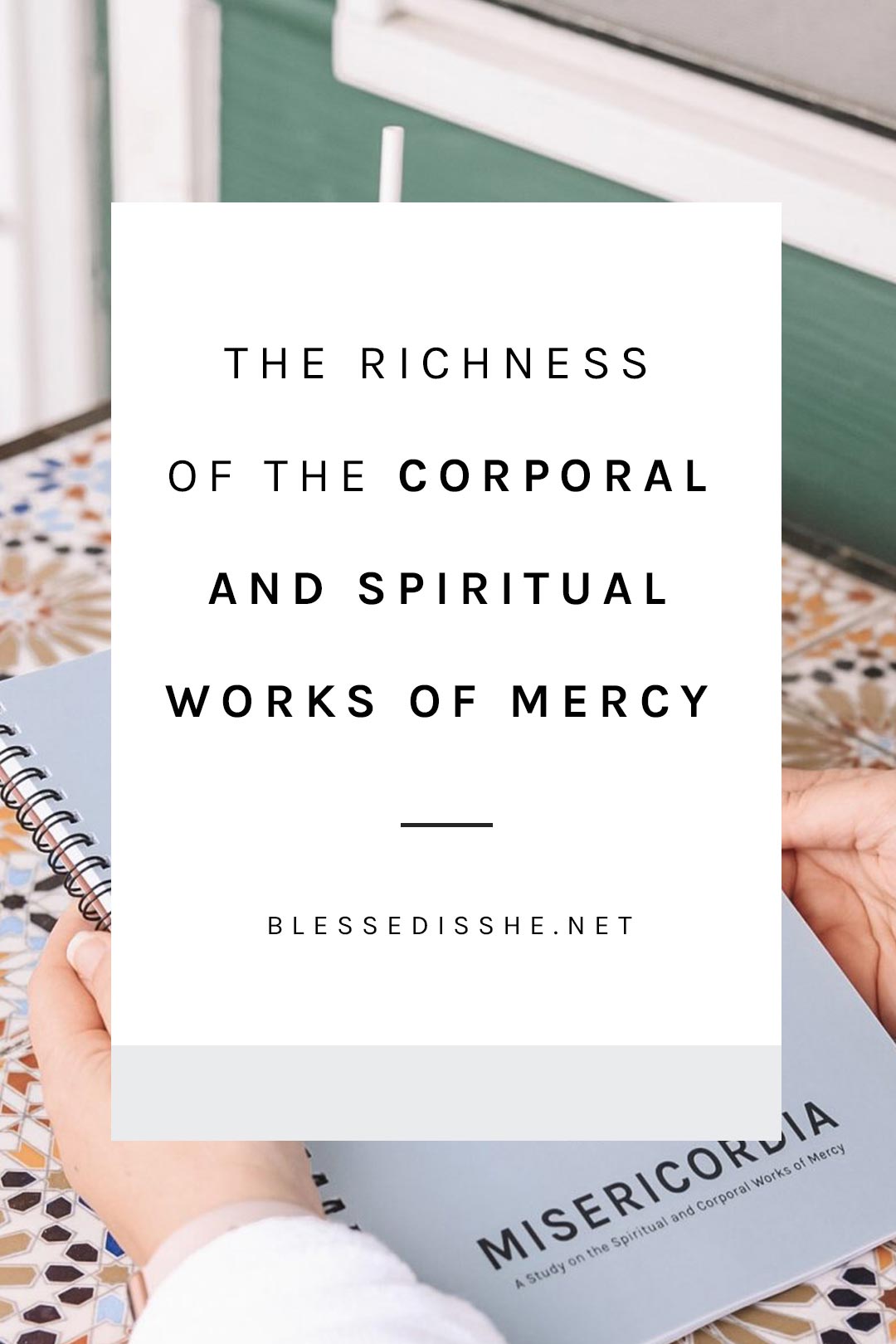
Christ's presence in the Holy Eucharist is the source and summit of our Catholic Faith (Lumen Gentium, 11). The Catechism of the Catholic Church states that one of the fruits of receiving Our Lord in Communion is commitment to the poor (CCC 1397). So when we receive Communion in a state of grace, with hearts opened to the Holy Spirit, our desire to serve one another grows. We begin to see, perhaps anew, the suffering and needs of our brothers and sisters in the world, and we are inspired to do something about it.
But what exactly does this type of commitment to our fellow humans, especially those in need, look like? How can we live out this fruit of Holy Communion?
Offering the Mercy We Have Received
The mercy God offers us is one of the most beautiful and overwhelming aspects of our Faith. His great love for us propelled Him to embrace His Cross and conquer death, all so that His mercy could be available to us all. The fact that He comes to us in the Eucharist is a movement of mercy toward us.
It follows then, that we are to offer others mercy and care in imitation of He Who offers us endless mercy.
Jesus calls for this mercy toward our neighbor throughout the Gospels. He told countless parables about examples of mercy, and He perfectly illustrated mercy in the way He treated the poorest of the poor, the most lost of the lost. If we are to be like Him, if we are to love Him more fully, then we must show mercy to one another.
The Works of Mercy are Our Blueprint
So once we have encountered the mercy of God in our own hearts and receive His great mercy in the Sacraments, we are to go out and give that mercy to others. But how do we do that? We understand that this is central to our mission as Christians, but how do we live this commission in our modern, busy lives?
Blessedly, the Church offers us a blueprint for exercising mercy toward others. These are the Works of Mercy.
If you attended Catholic school as a child, you might remember songs your teachers used to help you memorize them. Maybe you've never heard of the Works of Mercy before. No matter your level of familiarity, we all have the invitation and the need to dive deeper into living them.
The Works of Mercy give us tangible ideas for aiding those in need. The practice of the Works of Mercy varies widely. This means we can and should all practice them according to our vocation, state in life, and capabilities.
The Corporal Works of Mercy
The Works of Mercy are divided into two categories: corporal and spiritual. Both are important and necessary, and both give us clear guidance on how we can respond to Christ's call to love one another as He has loved us.
The Corporal Works of Mercy deal with the physical cares and concerns of our neighbors. They are:
- Feed the hungry
- Give drink to the thirsty
- Clothe the naked
- Visit the imprisoned
- Give shelter to the homeless
- Visit the sick
- Bury the dead
The Spiritual Works of Mercy
The Spiritual Works of Mercy, while not as physically tangible as the Corporal, still provide us with clear ideas for tending to the spiritual needs of one another. These needs of our brothers and sisters might not be as visible as their physical needs, but often times these are where the greatest needs lie. The Spiritual Works of Mercy are:
- Admonish the sinner
- Instruct the ignorant
- Counsel the doubtful
- Pray for living and dead
- Comfort the sorrowful
- Forgive injuries
- Bear wrongs patiently
Saintly Examples of the Works of Mercy
When I'm looking for inspiration on how to live out both the Corporal and the Spiritual Works of Mercy in my life, I look to the lives of the Saints. Just as their personalities varied, the way they practiced these Works of Mercy varied. Yet they were all responding to Christ's call to show forth the mercy they had received from Him. We can all learn something from their witness of charity.
I'm wanting to learn more about the Corporal and Spiritual Works of Mercy as lived through the lives of the Saints, so I'll be reading through this new study from Blessed is She. It tells the stories of holy lay woman who beautifully lived this call to mercy and it focuses on how we can live the Works of Mercy in our own lives.
I'd love for you to join me in this prayer and practice. Let me know if you'll be reading, too, in the comments below!
The Richness of the Corporal and Spiritual Works of Mercy #BISblog //Click to tweet































